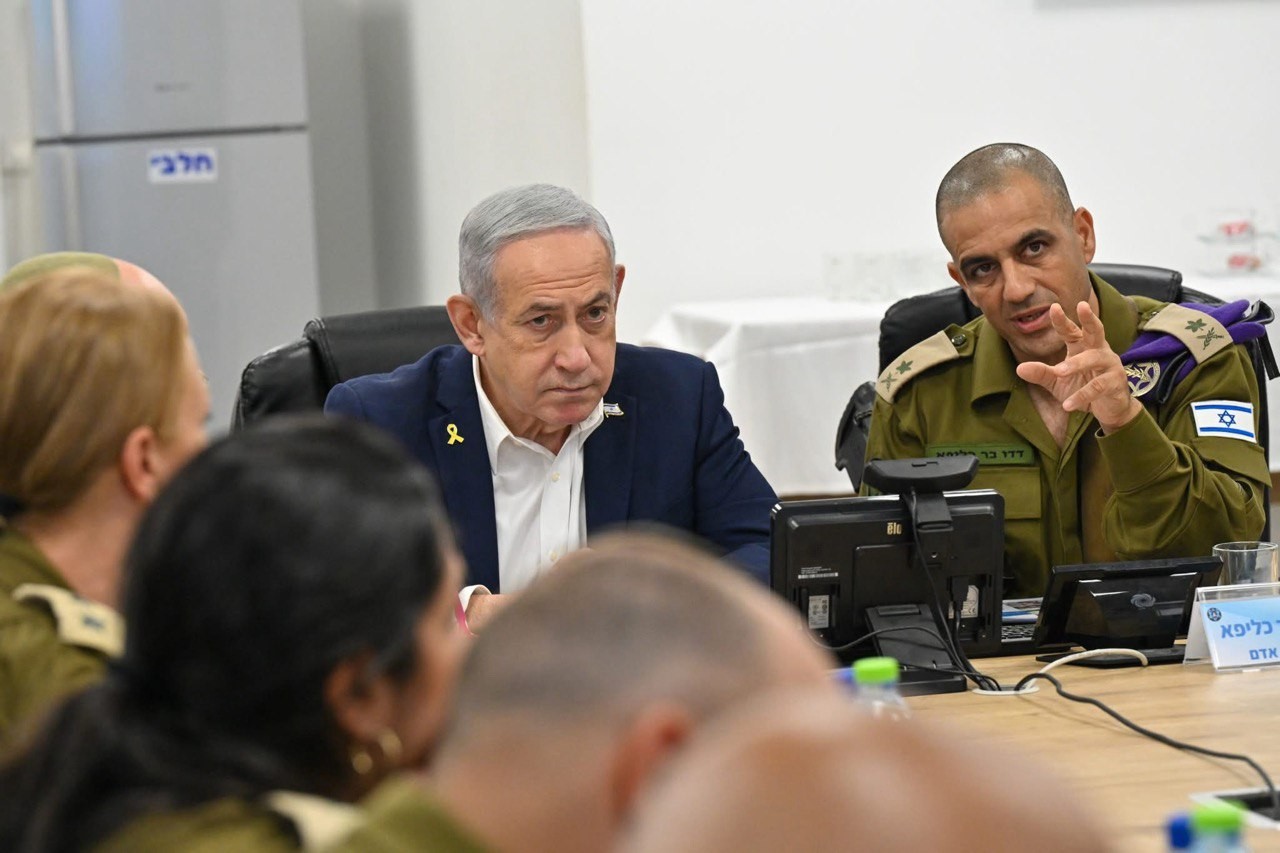Israeli Disputes Over Gaza Between Military Escalation and Diplomatic Pressures
August 24, 2025155 ViewsRead Time: 2 minutes

Font Size
16
In a scene that reflects the depth of divisions within the Israeli government, media leaks revealed a sharp disagreement in a meeting of the security cabinet between Defense Minister Israel Katz and Finance Minister Bezalel Smotrich over plans to occupy Gaza. These disputes come at a time when Prime Minister Benjamin Netanyahu is facing increasing pressure from both domestic and international sources to reach a ceasefire.
The hardline faction (represented by Smotrich and Ben Gvir): pushes for the completion of full military occupation of Gaza and the expansion of operations.
The "pragmatic" faction (represented by Katz and Gantz): focuses on "defeating Hamas" while acknowledging the high costs of permanently occupying Gaza.
Military estimates: indicate that the process of taking control of the city of Gaza may take a year or more, with significant human and material losses.
The Israeli government faces internal pressures represented by the families of prisoners demanding an immediate exchange deal. And international pressures from the United States and the European Union to stop the escalation, with deteriorating international support following United Nations reports of famine in Gaza.
Despite Egyptian and Qatari efforts, Hamas's conditions remain a permanent ceasefire and complete withdrawal from Gaza. Israel's conditions are the release of prisoners while maintaining "security freedom" in operations. As for the American mediation, the amended proposal by Itikof has not achieved a decisive breakthrough.
Among the possible scenarios is military escalation if the hardline faction prevails, with serious regional repercussions. Or a gradual prisoner exchange deal with a temporary ceasefire. Or a political settlement under American pressure with changes in Israeli leadership.
The Israeli government stands at a crossroads. The choice between continuing a costly war of attrition or seeking a political deal will determine not only the fate of Gaza but also the future of regional alliances and Israel's international standing.
The hardline faction (represented by Smotrich and Ben Gvir): pushes for the completion of full military occupation of Gaza and the expansion of operations.
The "pragmatic" faction (represented by Katz and Gantz): focuses on "defeating Hamas" while acknowledging the high costs of permanently occupying Gaza.
Military estimates: indicate that the process of taking control of the city of Gaza may take a year or more, with significant human and material losses.
The Israeli government faces internal pressures represented by the families of prisoners demanding an immediate exchange deal. And international pressures from the United States and the European Union to stop the escalation, with deteriorating international support following United Nations reports of famine in Gaza.
Despite Egyptian and Qatari efforts, Hamas's conditions remain a permanent ceasefire and complete withdrawal from Gaza. Israel's conditions are the release of prisoners while maintaining "security freedom" in operations. As for the American mediation, the amended proposal by Itikof has not achieved a decisive breakthrough.
Among the possible scenarios is military escalation if the hardline faction prevails, with serious regional repercussions. Or a gradual prisoner exchange deal with a temporary ceasefire. Or a political settlement under American pressure with changes in Israeli leadership.
The Israeli government stands at a crossroads. The choice between continuing a costly war of attrition or seeking a political deal will determine not only the fate of Gaza but also the future of regional alliances and Israel's international standing.